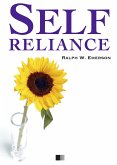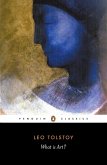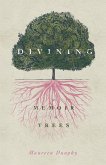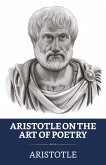"e;The Conduct of Life"e; by Ralph Waldo Emerson is a thought-provoking and inspiring collection of essays that explores the principles and virtues guiding a purposeful and ethical existence. In this enlightening work, Emerson imparts wisdom and guidance on how individuals can lead a meaningful life filled with integrity, self-reliance, and moral character. Throughout the essays, Emerson delves into the conduct and choices that shape human lives. He examines the importance of self-reliance, encouraging readers to trust their inner wisdom and cultivate their unique talents and capabilities. Emerson advocates for independence of thought and action, emphasizing the significance of forging one's path and not succumbing to the pressures of conformity.
Dieser Download kann aus rechtlichen Gründen nur mit Rechnungsadresse in A, B, BG, CY, CZ, D, DK, EW, E, FIN, F, GR, HR, H, IRL, I, LT, L, LR, M, NL, PL, P, R, S, SLO, SK ausgeliefert werden.









